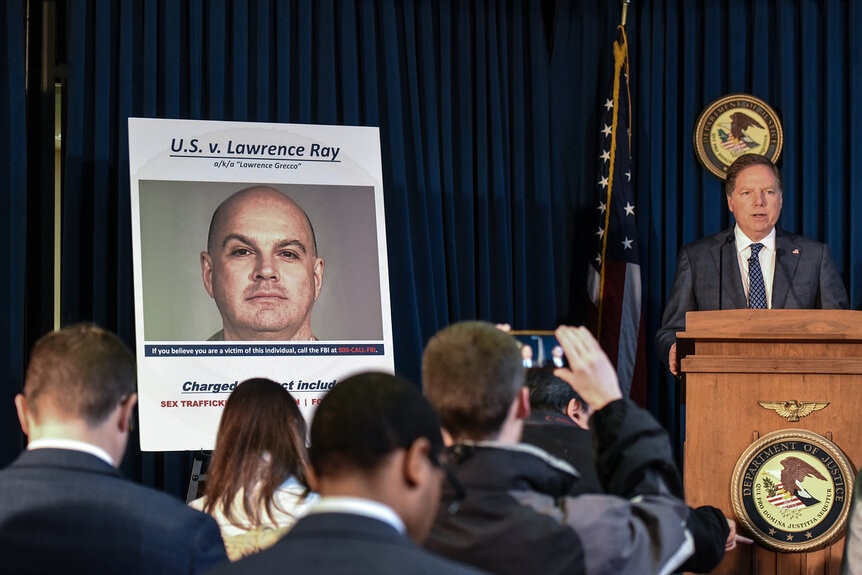Create a free profile to get unlimited access to exclusive videos, breaking news, sweepstakes, and more!
What Makes Someone Become A Cult Leader? The Psychology, Explained
Larry Ray was able to bring a small group of Sarah Lawrence students under his control after moving into their dorm.

The new Peacock documentary “Sex, Lies and the College Cult,” which is streaming now, takes a deep dive into the case of cult leader Lawrence “Larry” Ray.
In 2010, he moved into his daughter Talia’s dorm room at Sarah Lawrence College and indoctrinated a group of her friends into what authorities have described as a cult.
Ray, 62, was convicted early this year on multiple charges, including extortion and sex trafficking. He faces up to life in prison.
It’s a shocking case. One can’t help but ask: How could Larry Ray do it – and why? What was going on inside his mind? Oxygen.com spoke to experts who weighed in without specifically evaluating Ray or his victims.
These individuals are “an admixture between what I would describe as highly narcissistic and also highly antisocial,” Dr. N.G. Berrill, Ph.D., director of the New York Center for Neuropsychology and Forensic Behavioral Science, told Oxygen.com. “Because of their grandiose sense of self and their willingness to manipulate individuals they get other people to do their bidding.”
“That’s a highly antisocial thing to be doing,” Berrill added. “Some cults ask you to turn over all your money or your belongings. Some cults ask people to make themselves sexually available.”
Cult leaders “know what they’re doing,” said Berrill. “They know they’re exploiting people, but at the end of the day they don’t care.”
A driving need for attention, control, and power is common for individuals who become cult leaders, according to forensic psychologist Dr. Joni Johnston, Ph.D., author of “Serial Killers: 101 Questions True Crime Fans Ask.” But cult leaders can evolve over time.
“There’s a diversity when it comes to how premeditated they are in the beginning in terms of bad intentions,” Johnston told Oxygen.com. Recognizing that their influence over people is growing can lead them to escalate what they’re doing.
“The proverbial saying, ‘Power tends to corrupt, absolute power corrupts absolutely’ applies here,” Johnston said.
Beyond what’s going on behind a cult leader’s eyes, they employ tactics like isolating victims from their loved ones and peers.
They also excel at exploiting the vulnerabilities of others. Ray did that as he groomed students into a cult, which came to light in a 2019 New York Magazine exposé that led to an FBI investigation.
Besides weaponizing vulnerabilities, creating an “us versus them” divide is another go-to strategy, according to Johnston, who has interviewed a number of former cult members in her work.
“Other than laying down strict rules, the cult leader will reinforce that the outside world doesn’t understand us, or your parents can’t appreciate that we’re special,” said Johnston. “That’s really terrifying for parents who are trying to get their kids out.”
To learn more about this topic, watch “Sex, Lies and the College Cult,” streaming now on Peacock.



























